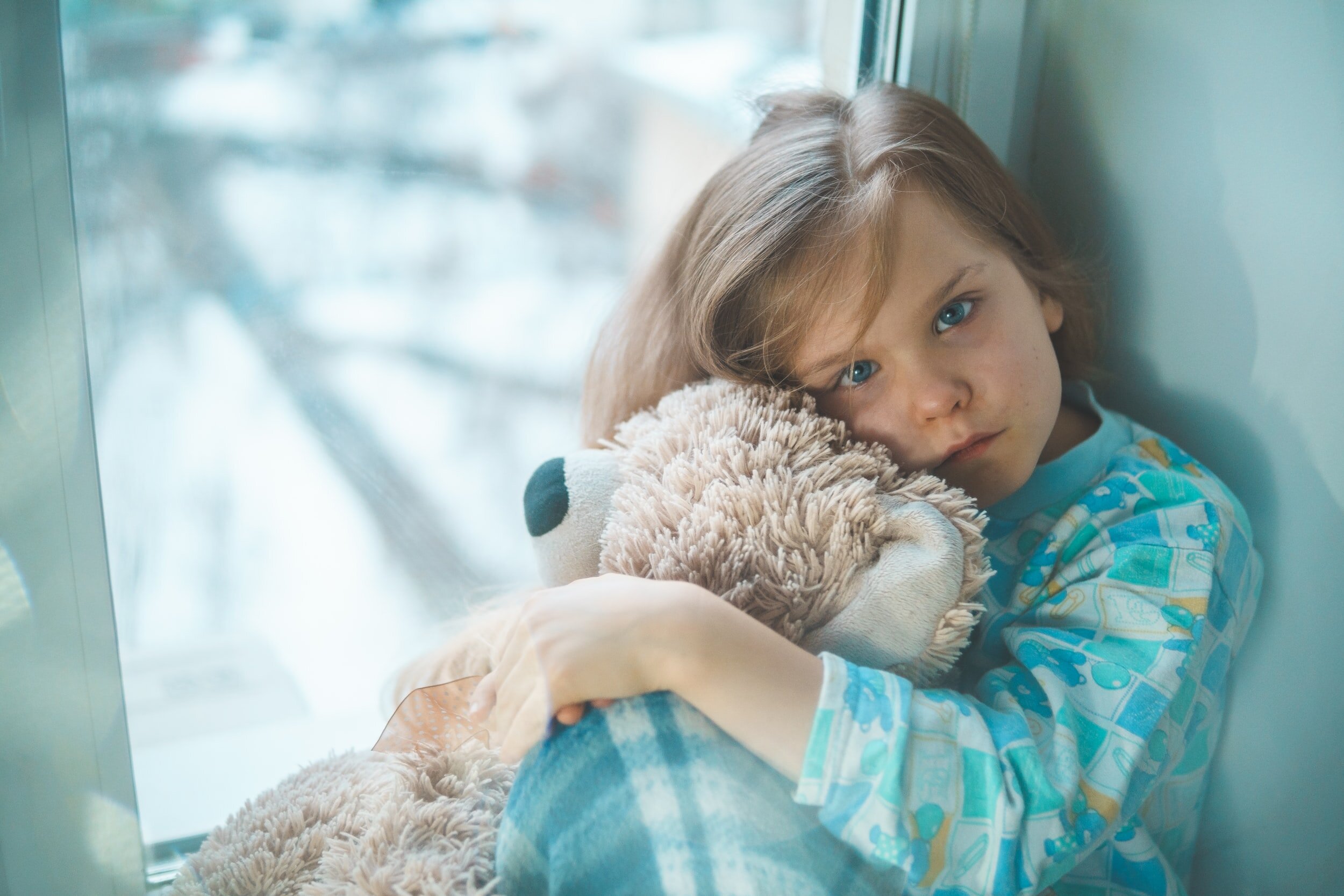How often do children get sick?
It seems like young children are always sick! Is this normal? What is normal? When should parents worry? Are there ways to prevent illnesses? These are all brilliant questions that new parents should ask.
Young children, between six months and six years, have an average of six to eight colds per year. Each cold has symptoms lasting about two weeks on average.* This translates into the normal child being sick for 12 to 16 weeks, or three to four months every year! Seriously! That’s one out of every three days!
There is a vast medley of viruses that cause illness. Common viruses include rhinoviruses (50% of common colds), coronaviruses (but NOT COVID), influenza, parainfluenza, adenoviruses, coxsackieviruses, and other enteroviruses. Of course, each virus has many different subtypes. This is important to know because while immunity is created with each illness – it can seem like the same disease is being caught repeatedly. Hand, Foot and Mouth (HFM) disease, for instance, is caused by many different subtypes of a few different viruses – and so your child can have HFM more than once.
There is a wide range of “normal” viral symptoms. Typical symptoms range from runny nose and cough to viral pneumonias, croup, vomiting and diarrhea to an endless variety of rashes. Fevers often last from 1 – 3 days in most instances. Runny noses last about 10 – 14 days. In some instances, cough can take up to four weeks to clear. As a quick aside, if coughs taking 4 weeks to clear – that would then be up to 48 weeks of cold symptoms for a young child!
Abnormal symptoms that always warrant medical evaluation and/or discussion with a pediatrician include fevers over 103°F. Fevers that last five or more days should be evaluated. Any child with difficulty breathing or swallowing should be promptly seen. Any child who is not drinking or urinating should be seen.
In order to prevent viruses, it is important to know how viruses are spread. There are three major modes for viral spread:
· Hand contact – when one touches a contaminated object, and then touches their own face
· Inhalation of viral droplets in the air (think uncovered coughing and sneezing)
· Deposition of viral droplets directly onto one’s mucous membranes (think uncovered coughing and sneezing).
Hand contact is the most common way that viruses are spread. Think of all those adorable, toddler hands touching everything!
Back to how to prevent colds: common sense says it all. Good hand hygiene is extremely important, either with old fashioned soap and water, or alcohol-based hand sanitizers. Tissues should be thrown away promptly. Children should be taught to sneeze into elbows, and/or away from other people. Objects and rooms should be frequently and vigorously cleaned with either alcohol-based cleaners, or diluted bleach products. Immunizations can be effective at preventing some diseases. Yearly influenza vaccines do help prevent influenza disease.
Things that don’t prevent colds? Sadly, many of the over the counter (OTC) preventative cold remedies available have never been proven to prevent viral illnesses using Evidence Based Medicine. This includes herbal products, such as garlic or echinacea, vitamin D, vitamin C, zinc, homeopathy and probiotics. Things that do prevent colds are healthy eating habits, sleep and good hydration.
There are no medicines that cure or shorten symptoms for common viral illnesses. Antibiotics do not work on viruses. There are medicines that can help with symptoms – and old school remedies truly prove best. Tylenol and Motrin are the only OTC medicines recommended by the American Academy of Pediatrics (AAP) for children six and under. These medicines should be used to make children more comfortable, but are not needed nor should they be taken explicitly to lessen a fever. Honey, in children over one, is the most effective treatment for a cough. Humidifying the air, and keeping your child well hydrated are also helpful.**
Viruses are part of life. While it is absolutely horrible to have a sick child – it can be helpful to think of each virus as an opportunity for a child to bank future immunity. A young child who is sick from daycare will often be less sick in elementary school.*** I counsel holding this idea close to the heart while parents and young children are in the midst of the litany of seemingly never-ending colds.
*The natural history of acute cough in children aged 0 to 4 years in primary care: a systematic review. Hay AD, Wilson AD SO. Br J Gen Pract. 2002;52(478):401.
**BTS guidelines: Recommendations for the assessment and management of cough in children. Shields MD, Bush A, Everard ML, McKenzie S, Primhak R, British Thoracic Society Cough Guideline Group. Thorax. 2008;63 Suppl 3:iii1. Epub 2007 Sep 28.
***Sylvana M. Côté, PhD; Amélie Petitclerc, PhD; Marie-France Raynault, MD; et al Qian Xu, MSc; Bruno Falissard, PhD; Michel Boivin, PhD; Richard E. Tremblay, PhD Arch Pediatr Adolesc Med. 2010;164(12):1132-1137. doi:10.1001/archpediatrics.2010.216

